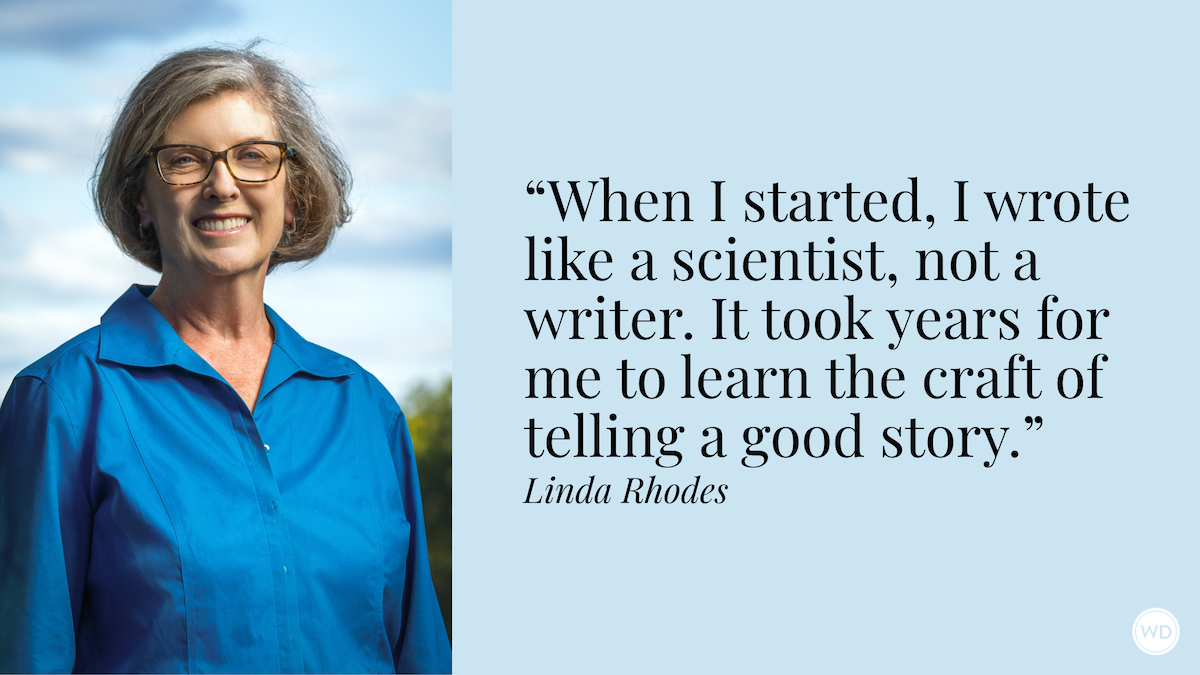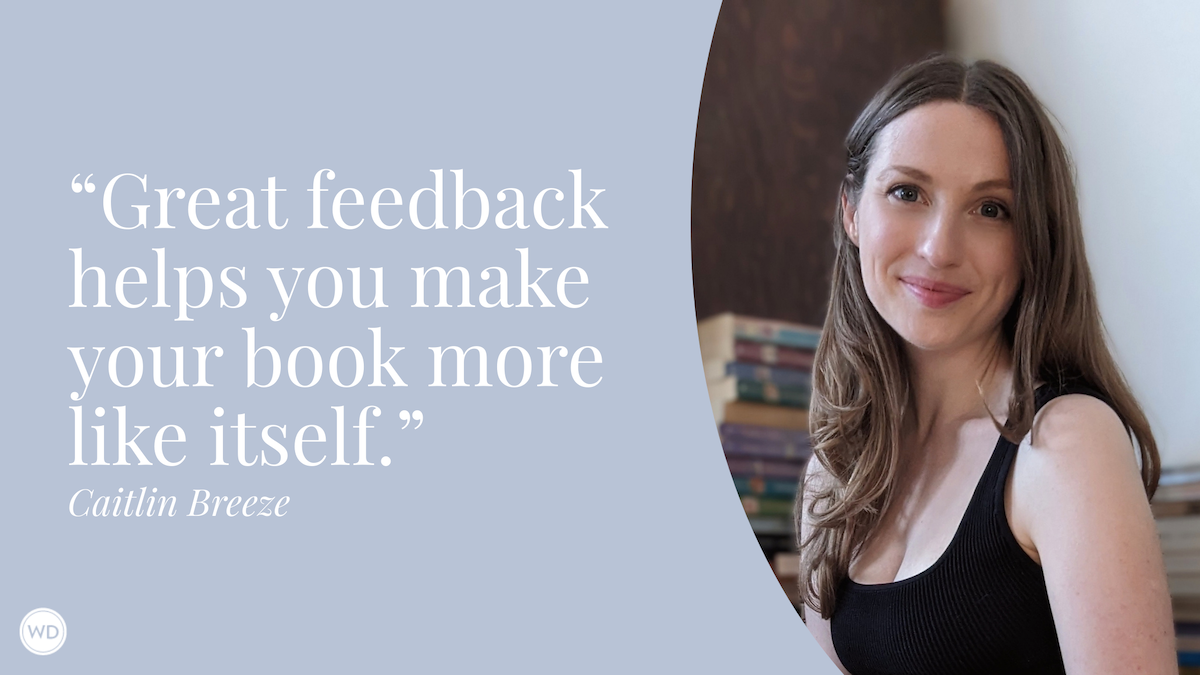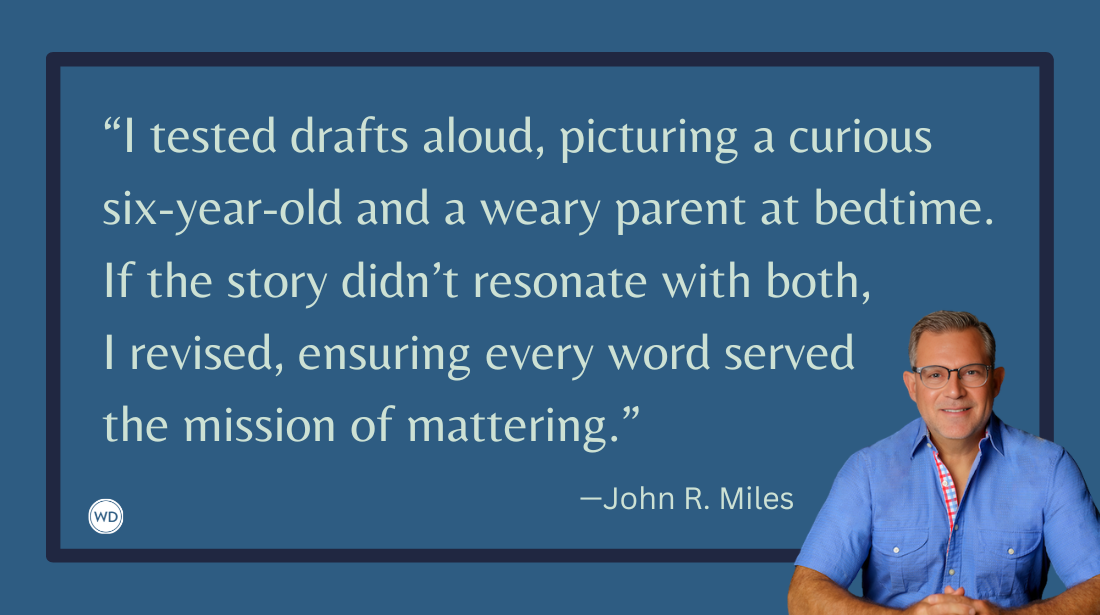Kerri Maher: On Playing the Long Game
Author Kerri Maher discusses how the idea for her new historical fiction novel, The Paris Bookseller, grew in her mind for over 20 years.
Kerri Maher is the author of The Girl in White Gloves, The Kennedy Debutante, and under the name Kerri Majors, This Is Not a Writing Manual: Notes for the Young Writer in the Real World. She holds a masters in fine arts from Columbia University and was a writing professor for many years. She now writes full time and lives with her daughter and dog in a leafy suburb west of Boston, Massachusetts.
In this post, Kerri discusses how the idea for her new historical fiction novel, The Paris Bookseller, grew in her mind for over 20 years, the thrill of this book being published in over 10 countries, and more!
Name: Kerri Maher
Literary agent: Kevan Lyon
Book title: The Paris Bookseller
Publisher: Berkley
Expected release date: January 11, 2022
Genre/category: Historical Fiction
Previous titles: The Kennedy Debutante, The Girl in White Gloves; A Novel of Grace Kelly, and This is Not a Writing Manual (under the name Kerri Majors, published in 2013 by Writer’s Digest Books!)
Elevator pitch for the book: This is the dramatic story of how a humble bookseller fought against incredible odds to bring one of the most important books of the 20th century to the world.
IndieBound | Bookshop | Amazon
[WD uses affiliate links.]
What prompted you to write this book?
You know, it’s funny that it took me so long to write The Paris Bookseller because I’ve been carrying Sylvia’s story around inside me since I was 20 years old, which is when I read her memoir, a slim volume called Shakespeare and Company. I found an old paperback of it in a used book bin outside one of the many bookstores in my college town. And since I was an English major obsessed with the 1920s, I read it right away.
I was charmed by Sylvia’s recollections of her bookstore and lending library and the famous writers who frequented it, and I was fascinated by her remarkable publication of James Joyce’s Ulysses after it had been banned in an obscenity trial in 1921. She called herself a “booklegger,” because like the bootleggers of Prohibition she, too, smuggled an illegal commodity into the U.S.
Then life happened to me. I worked at my university’s library, then I worked in a bookstore after college. I wrote books that didn’t get published, got an M.F.A., got married, launched a literary journal, had a baby, got divorced, and after all that, finally landed in the warm and wonderful world of historical fiction with the publication of The Kennedy Debutante. After writing that and The Girl in White Gloves: A Novel of Grace Kelly, I recalled Sylvia’s story and thought, If anyone deserves the biographical fiction treatment, it’s her!
Truly, I don’t think I could have written this novel earlier in my life; I needed to have lived and loved and written all that I’d written to truly appreciate the ups and downs of Sylvia’s remarkable life. I’m just so grateful I had the opportunity to write her story more than 25 years after reading her memoir for the first time!
How long did it take to go from idea to publication? And did the idea change during the process?
The novel had been gestating for more than two decades, but from the time I got the green light from my editor to publication was close to three years.
My idea did change, and a few times! The very first iteration of this novel was actually a dual P.O.V. novel with Sylvia narrating half and an entirely fictional American woman narrating the other half—and it was only going to focus on the 1921 trial of Ulysses. But the fictional character wasn’t working, and once I recentered the lens of the novel on Sylvia and the longer history of Shakespeare and Company, this stronger novel emerged. I played around with which years of Sylvia’s life to include, and finally settled on 1917–1936, which really tells the meatiest story of her life in Paris.
Were there any surprises or learning moments in the publishing process for this title?
Since The Paris Bookseller is my third novel with my editor at Berkley, there weren’t really any surprises in the publishing process, thankfully! Something thrilling and new that happened with this book is that it has sold in 14 foreign countries, including the U.K. and Australia, Italy, and Brazil (and it could still sell more)! So it’s going to be translated into at least 12 languages. I’m so excited to see the different covers and treatments of Sylvia’s story all over the globe.
Were there any surprises in the writing process for this book?
I’ve been writing fiction for a long time, since I was in fifth grade, and over the years I have attended many workshops and earned an M.F.A. in fiction writing, so I’ve learned to take a lot of feedback, and essentially be prepared to do lots of hard things to make sure my book is as strong as possible.
Still, though, it’s always a surprise to discover I need to cut big pieces from a draft, and I had to let go quite often during the writing of this novel—I let go of a major character, and later I let go of a significant chunk of a draft—but all the changes improved the book.
What do you hope readers will get out of your book?
I have two main wishes for The Paris Bookseller. The first is that readers will see that Sylvia Beach was instrumental in changing the course of literature in the 20th century with her own amazing work of art, Shakespeare and Company, and by publishing Ulysses when no one else had the courage to do so. She was a woman who believed in her own convictions deeply enough to go after what she wanted in spite of her own fears, flouting the powerful male lawyers, judges, and publishers who lacked the vision and fortitude she possessed. May she be an example to us all.
My second wish is that it transports readers to Shakespeare and Company and reminds them of the many reasons why bookstores and libraries matter, as meeting places of neighbors and artists, as loci of literary thought, and as support networks for the act of reading itself. I hope it inspires them to go into their towns to get books from their local booksellers and librarians who, like Sylvia, take pride in placing exactly the right book into a patron’s hand, changing their lives forever.
If you could share one piece of advice with other authors, what would it be?
As the literary friendships forged at Shakespeare and Company reinforced to me: Find your people!
Start a writing group; take a class; go to a conference; ask writer-friends to swap manuscripts. The community of historical fiction writers I find myself in is so warm and supportive, and it makes all the difference. I never feel alone, and I know that whatever crisis I face, I have many colleague-friends to turn to for advice and fellowship.
A writer’s life has no designated office water cooler, so we have to make that community for ourselves. And having the support of other writers who can commiserate, celebrate, and share ideas, connections, and time, makes all the difference between staying in the game and wanting to leave it when the going gets tough—and it will inevitably get tough, no matter how high you might be riding now. No matter where you are in your career, from an absolute beginner to a six-published-novel-pro, a group of peers is essential.








